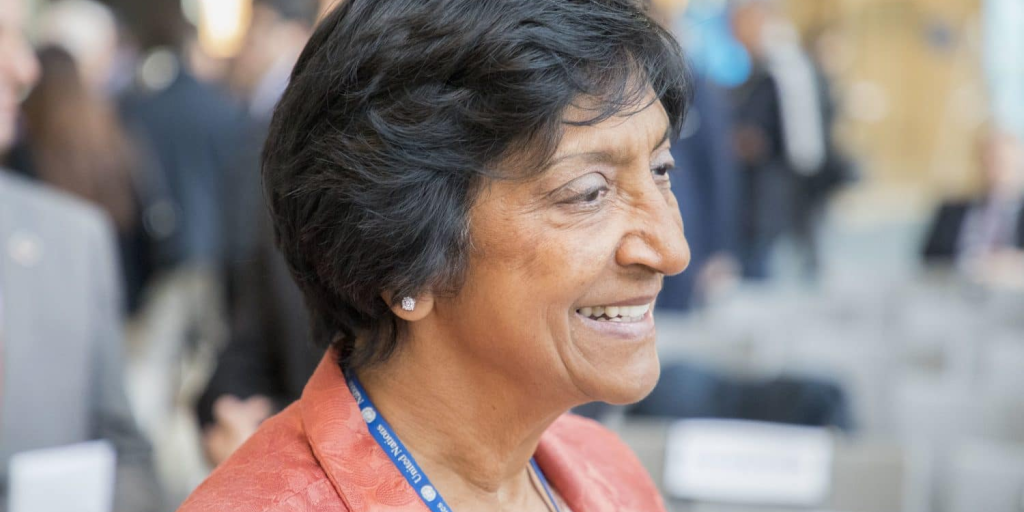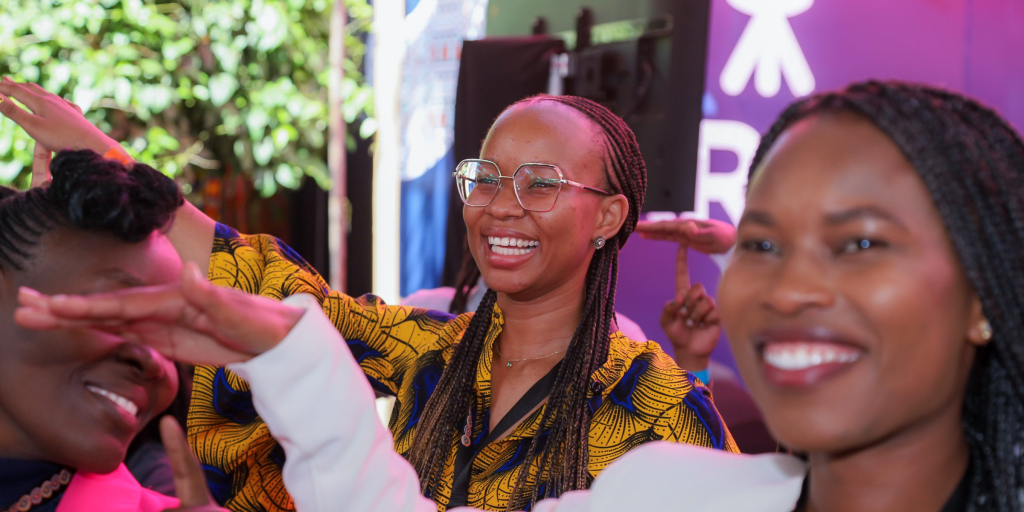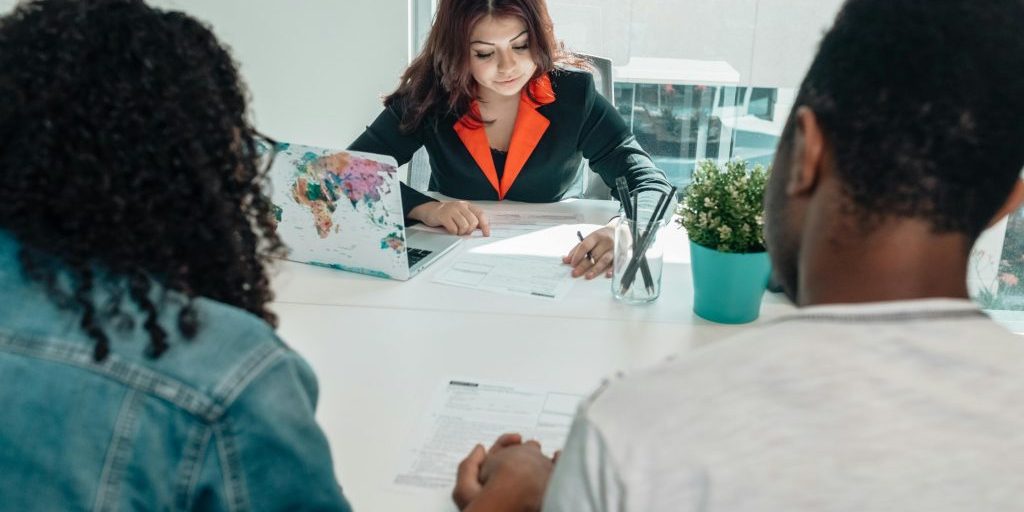‘We will not back out’ says Judge Navi Pillay as Free Expression Lawyers Network launches
PICTURE: Judge Navi Pillay (United Nations)
Press Council
Global freedom of expression expert Dario Milo set a high bar introducing Judge Navi Pillay as keynote speaker at the launch of the Free Expression Lawyers Network in Sandton.
‘Over a decade ago, in words that still ring true, Judge Pillay addressed the [Organisation for Security and Cooperation in Europe] Permanent Council, underscoring the vital role of media freedom and access to information.
‘She said, in essence, democracy is about every person participating in decisions that affect their own lives – something that cannot be attained without adequate access to information and the right to express opinions.’
Pillay quickly noted that the invitation had come as a surprise: ‘There are so many people with resources and expertise here: I don’t know why you need a keynote speech’.
Yet, practitioners, activists and other stakeholders gathered to hear about a blueprint for a network of media lawyers, considered the former UN Commissioner for Human Rights, Judge of the International Criminal Court and President of the International Criminal Tribunal for Rwanda much more than a guest of honour.
‘I’m going to use the opportunity to lay down the perspective that we will always think global and act local,’ Pillay said. ‘All the problems that we are experiencing with the restrictions on freedom of speech and journalists [here are] happening tenfold outside.
‘I’m very pleased to be able to join in these discussions because, yeah, when you’re up there on the outside, you lose touch with home, so I am happy to join you, and obviously, we all agree that we have to take some kind of action.’
Empathy conceptualised the network, introduced at the offices of Webber Wentzel where Milo is a partner. The South African National Editors’ Forum (Sanef), the Press Council, the Campaign for Free Expression (CFE) and other media organisations and lawyers coordinated with several international initiatives in a resurgence of social activism that is effectively filling a void in governance.
Journalist, activist and author Anton Harber, a member of the network’s steering committee, says it ‘intends to ensure that journalists, media and other individuals and organisations without access to corporate and external legal support, whose free expression is under attack, can access legal defence’.
This is deep into Pillay’s world. She reminded the gathering that the International Covenant on Civil and Political Rights was one of the first signed by Nelson Mandela in 1994, and that ‘it was really more recently, about five years ago, that they signed the Covenant on [Economic], Social [and Cultural] Rights, but [it is in] these in which freedom of expression is embedded’.
‘All of us agree that a free, uncensored and independent press is a cornerstone for democratic societies. It can educate and bring information for informed public participation to ensure good governance, justice and accountability, and respect for human rights.
‘In a statement issued jointly by the presidents of the UN General Assembly Human Rights Council and UNESCO in 2022, they emphasised the paramount importance of ensuring that journalists and media workers can work freely, independently and safely, without hindrance.
‘Every day, we are reminded of how vital the information they provide is for democracy, for the promotion and protection of human rights, and for fighting corruption for sustainable development and the preservation of international peace and security’
The network is a pre-emptive strike in some ways, considering the appalling working conditions of journalists in many other countries and those in exile. South Africa’s media is free. It is also a response to existing conditions in other ways: we argue about whose expression is the most important in our country, but nobody is put in jail for the disagreement.
Whether pre-emptive or responsive, the network was welcomed. South Africa’s media is teetering – dominated by legacy companies, pursued by Big Tech, otherwise underfunded and unequal. Everyone in the sector needs legal advice at times; few have unrestrained access to it.
There’s no united movement to balance the scales yet because stakeholders are disparate. Now South Africa’s media must band together in the face of extreme external threats, and participate in international solidarity campaigns.
‘They say that 2024 has been the worst year for journalists internationally, with the largest number of killings,’ Pillay relayed. ‘The [numbers are] staggering, and according to UNESCO, 85% of the murders of journalists are not … brought to justice.
‘The reality here and globally is that … journalists [often work in] a negative and dark environment. The work of journalists is challenging [because of the] time, appreciation and value placed on the constituency to whom you are accountable’
‘This also highlights the rising use of surveillance tools against journalists … It is frightening how powerful the system of Pegasus is … the violation of the right to privacy and [how it] obstructs freedom of expression.
‘We must examine all of this – who’s funding it, who was using it and so on. [In terms of] domestic terror, we must regulate the use.’
The judge foregrounded fighting surveillance as a media freedom priority.
‘Governments, including ours, as well as business enterprises, should publicly affirm their responsibility to respect freedom of expression and the right to privacy … it’s crucial that governments, including ours, promote a free and independent press [as being] instrumental to combat disinformation, build public trust and advance the promotion and protection of human rights.
‘[And] such excellent action must also protect media sources and whistleblowers … If a whistleblower is talking about human rights violations, then that person is a human rights activist.’
Pillay contextualised ‘the risk of surveillance in the digital era’ as having first emerged for consideration by the United Nations in 2013, with ‘the alarm sounded by two presidents, Chancellor Angela Merkel of Germany and President Dilma Rousseff (of Brazil), both of whom had discovered that their personal cell phones had been hacked’. (Editor: the UN General Assembly adopted a resolution aimed at protecting the right to privacy of internet users within months.)
‘The General Assembly, in Resolution 68/167, directed me as High Commissioner for Human Rights to submit thoughts on the protection and promotion of the right to privacy in the context of domestic and extraterritorial surveillance, the interception of digital communications and the collection of personal data.’
The menace has of course grown, and continues.
‘The technological concept upon which global political economic and social life depends … [makes us] vulnerable to mass surveillance … The proliferation of overt and covert surveillance by state and by non-state actors … [shows they are] developing sophisticated digital facilities outside regulated control,’ said Pillay, explaining:
‘Resolution 68/167 affirmed that human rights held by people offline must also be protected online, so it’s the same test, the same standard, and we call upon all states to respect and protect the right to privacy in digital communications
‘It called upon all states to review their procedures, practices and legislations related to communication surveillance – in interception and collection of personal data – emphasising the need for states to ensure full and effective implementation of their obligations under international human rights law.
‘So there is already a clear and universal framework on the protection of the right to privacy.
‘The Universal Declaration of Human Rights [also] provides no one shall be subjected to arbitrary interference with his privacy, family, home or correspondence. Everyone has the right to protection of the law against such interference or attacks.’
Pillay pointed specifically to Article 17 of the Declaration, which provides that ‘no one shall be subjected to arbitrary or unlawful interference in terms of their privacy, family, home … nor to unlawful attacks on his or her honour – safeguards which were also brought into our [South African] Constitution’.
‘[So, it’s] there in international law [and our own law] and has been there for a long time. You can’t just have surveillance: it has to be justified as proportionate, necessary and so on. When states compel Internet service providers to store metadata about their clients’ communications for law enforcement and for intelligence agencies, you seem to fall short of necessity and proportionality tests.’
Pillay cautioned on taking this for granted when it comes to the private sector, as ‘it’s true they don’t have our Convention applying to them’.
‘But we do have the guiding principles in business and human rights which [are] endorsed by the Human Rights Council, and that provides a global standard for the private sector for preventing and addressing adverse effects on human rights linked to business activity.
‘The guiding principles are not a legal binding instrument, but many companies have adopted explicit policies and commitment to respect human rights, to have good impact assessment oversight, to exercise transparency and consult with affected stakeholders, to provide remedies and to have plans against recurrence of a lack of protection.
‘But that remains in the implementation regime.’
Pillay paid attention to Europe which sought to address this concern with the General Data Protection Regulation ‘[which has] global territorial scope to protect data privacy’, and she reminded the gathering that Facebook’s campaign with Cambridge Analytica saw it penalised with ‘huge fines of billions of dollars’, ‘other examples [of accountability for data breaches in the private sector] being British Airways, a hospital group in the Netherlands, Google, Vodafone [in Italy, Romania, Spain and Greece] and the Marriott Hotel’.
She again cautioned, this time against complacency, saying, ‘I think they’ve just all gone back now’ – noting, though, that these laws inspired other countries, including South Africa in its adoption of POPIA (Protection of Personal Information Act), which ‘has some similarities with the European GDPR on the guiding principles, accountability, transparency, security and data, and ensuring the rights of data subjects’.
Pillay was circumspect, as POPIA does not satisfy completely since it ‘does not stipulate that the prior consent of users must be obtained, except for special personal information and information relating to children’, and noted that we must ‘see what [else] it lacks’.
‘The effective protection of the right to privacy is the context of modern communications technology, and will require an ongoing, concerted, multi-stakeholder engagement
‘I would invite you to work with the Forum on Information and Democracy started in 2019 by 11 organisations, think tanks and research centres to implement the partnership,’ she suggested. ‘The purpose of this independent entity is to bring together jurists, IT researchers and civil society representatives to produce recommendations, starting from the dilemmas posed by the paradigm change in the public space.
‘I encourage you to cooperate with this civil society-led organisation in order to work together to emerge from this crisis and avoid all the others that could flow – and this is just one of the institutions and mechanisms.’
Here, Pillay offered clear direction for the network – that ‘one of the first things we should strategise on doing is contacting everybody else and acting collectively so that we don’t have to invent the wheel again’.
‘Contribute to the implementation of a global framework that [will] enable public debate; that is open, tolerant and as honest as possible … We don’t want to hand this to the big IT companies.
‘We have to be right in the middle, playing a role here because we represent civil society, and there’s no way we will back out and leave the responsibility to IT companies to provide the service that we could be doing.
‘So that’s a simple message for me as we strategise, because that’s what we are here for. We should not just defend journalists who have been harassed, charged or stopped in some way. We should be proactive and protect journalists, and one of the ways is, you must have your own guiding principles, you must have your own Code of Conduct.’
- The steering committee of the Free Expression Lawyers Network includes: Milo; Harber; Advocate Ben Winks; Webber Wentzel Senior Associate Odwa Abraham; independent media consultant and trainer Izak Minnaar; the Press Council’s Executive Director, Phathiswa Magopeni; the former Group Executive and Editor-in-Chief of SABC News, Moshoeshoe Monare and constitutional and media freedom law expert Avani Singh
- The next steps for the network will be announced soon




